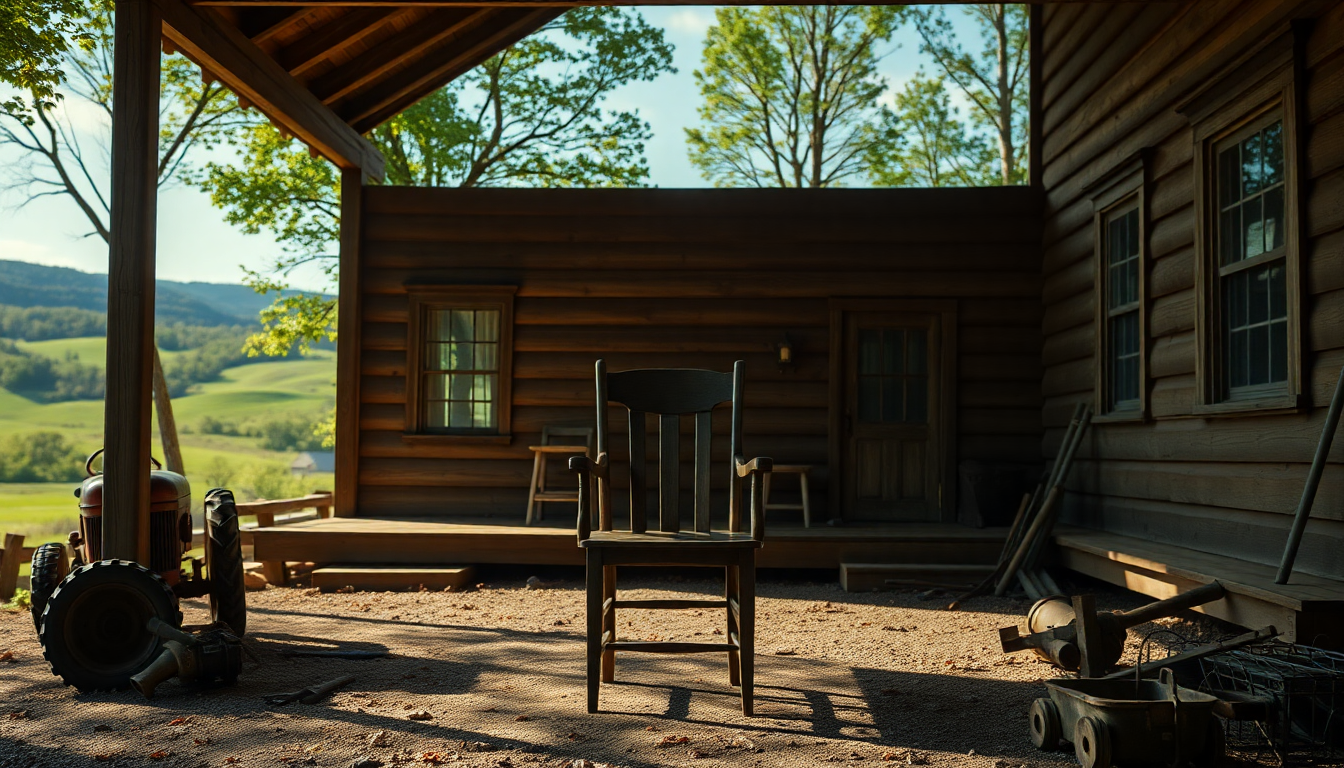Table of Contents
In the world of cinema, the portrayal of real-life figures often ignites lively discussions. Take Ron Howard, for instance. The acclaimed director of ‘Hillbilly Elegy’, a film that delves into the complex upbringing of Vice President JD Vance, recently shared his thoughts on Vance’s public persona and how the film has been received.
Can you believe he was surprised by the divisiveness surrounding Vance’s rhetoric? It’s a sentiment that resonates through today’s political landscape.
Understanding the complexities of JD Vance
JD Vance, who once dazzled as a promising Yale Law student, has morphed into a figure frequently associated with polarizing statements.
Howard admitted he never anticipated the level of division that Vance’s comments would spark. “It remains a bit of a surprise to me,” he said, emphasizing the unexpected nature of Vance’s words. This contrast between the person Howard knew and the public figure Vance has become begs the question: how do personal narratives shift when they’re thrust into the spotlight of fame and politics?
In a candid moment, Howard revealed that his last interaction with Vance was a simple post-election text wishing him well.
This gesture shows Howard’s ongoing interest in Vance’s journey while highlighting the tricky balance of managing personal relationships against the backdrop of public personas. It’s intriguing to think that even those with personal ties might find it challenging to keep up with the public evolution of someone they once knew closely.
The legacy of ‘Hillbilly Elegy’
‘Hillbilly Elegy’ has stirred a mixed bag of reviews since its release in 2020. Adapted from Vance’s memoir, the film sought to shed light on the socio-economic hurdles faced by many in Appalachia.
Yet, the critical response has been anything but consistent. Howard confessed to feeling uncertain about the film’s legacy, pointing out that while audiences generally appreciated it, critics were less kind. This divergence prompts us to ask: did the film truly capture Vance’s life experiences, and how do those experiences resonate with different audiences?
Vance reportedly felt frustrated by the film’s reception, believing that his involvement had somehow tainted the critical narrative.
Howard confirmed this sentiment, noting that while Vance admired the performances of Glenn Close and Amy Adams, he felt weighed down by how people perceived his influence on the film. This situation underscores the complexities of adapting personal stories for the screen, especially when they intersect with broader cultural narratives that might not reflect individual experiences.
Reflections on cultural division
The discussion surrounding ‘Hillbilly Elegy’ and JD Vance opens up larger conversations about cultural division in America. Howard’s acknowledgment of the mixed cultural response to the film mirrors the reality that stories from regions like Appalachia evoke a wide range of reactions. The film’s effort to depict the struggles and achievements of Vance’s upbringing may resonate with some viewers while alienating others, illustrating the challenges filmmakers face when tackling complex social issues.
As Howard navigates the legacy of ‘Hillbilly Elegy’, he shines a light on the intricate dance between personal narratives and public perception. In a time when political discourse can quickly become divisive, understanding the nuances of individuals like JD Vance is crucial. The evolution of Vance’s rhetoric serves as a reminder of the ongoing dialogue about identity, culture, and the stories we choose to tell about ourselves. So, what do you think? How do our stories shape the way we see each other in today’s world?





